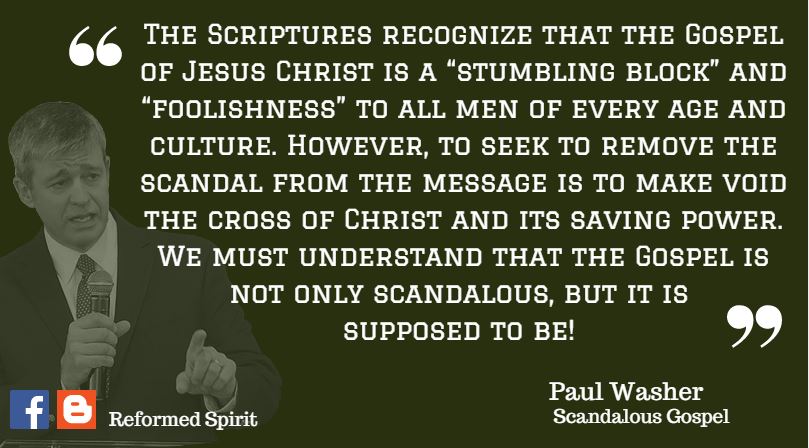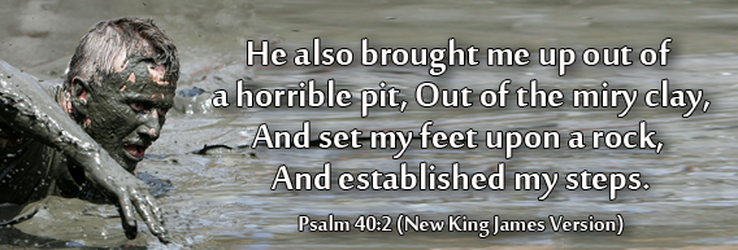Two days ago, I felt lead to visit a friend of mine who owned a jewelry store. When I got there, he was ministering to a homeless woman and giving her some food. We both prayed for her and felt God's presence in the room. A beautiful moment for each of us feeling God's love and pleasure all around us. My friend and I both felt led to go to the Alley the next night for Friday night worship among the weak, the powerless, the ex-cons and prisoners of this world.
The next morning, I sensed strongly in my spirit that God was telling me to meditate on the word "all." I began looking up verses in the Bible, seeing how some verses dealt with the whole cosmos and some dealing with particular situations and others were used figuratively as in hyperbole in giving a greater significance to the biblical meaning of a story. I prayed for God to have all my heart and that I would follow God all the days of my life and that God would always be my all in all.
The next night I went to the Alley with my friend. The presence of God's Spirit was among His people and a beautiful sense of brokenness and surrender seemed every where. The title of the message was "All In." What does it mean to be all in for Jesus? Wow, God blew me away once again. I went forward afterward simply to surrender all my life and all my situations to the Holy beautiful God of the universe who holds all things together and is my all in all.






